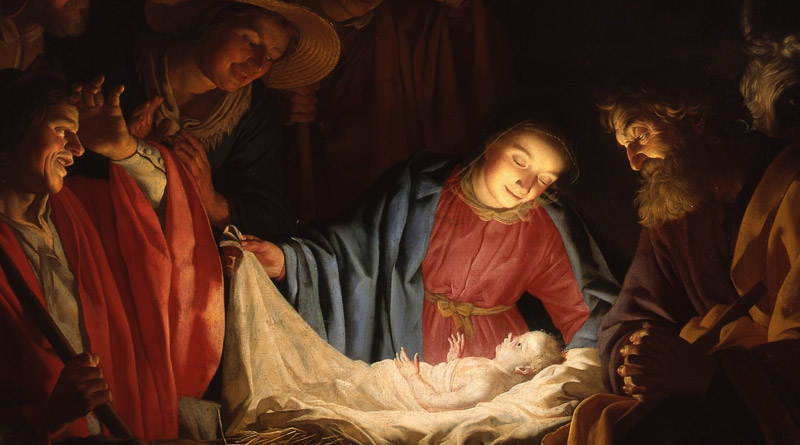It seems that most who call themselves Christian belong to one of two camps. Jesus is either God or a mere created man. This debate has been raging since the days of Athanasius of Alexandria and Arius.
What the does the Bible say? Well it is quite clear on who Jesus is and his origin. Let’s take a look at what is written.
Scripture says the Word became flesh and dwelt among us and when Jesus returns, his name is called ‘The Word of God’. (John 1 & Revelation 19:13)
It says that God created all things through THE WORD and nothing was created without him. (John 1:3)
It says that the universe was created through THE SON and he is before all things. (Colossians 1:15-17)
It says that all things were created through JESUS CHRIST. (Hebrews 2:9)
This is what the Bible says about Jesus Christ, the son of the living God, the one named: ‘The Word of God’ who was with God in the beginning.
He emptied himself, took upon himself our nature, was obedient to his God and our God, died for our sins as it is written, and is now in the glory he had with the Father before the cosmos.
Jesus is not God in the flesh, rather the Word who became flesh and dwelt among us. He was with God in the beginning. He was the first to be with God.

